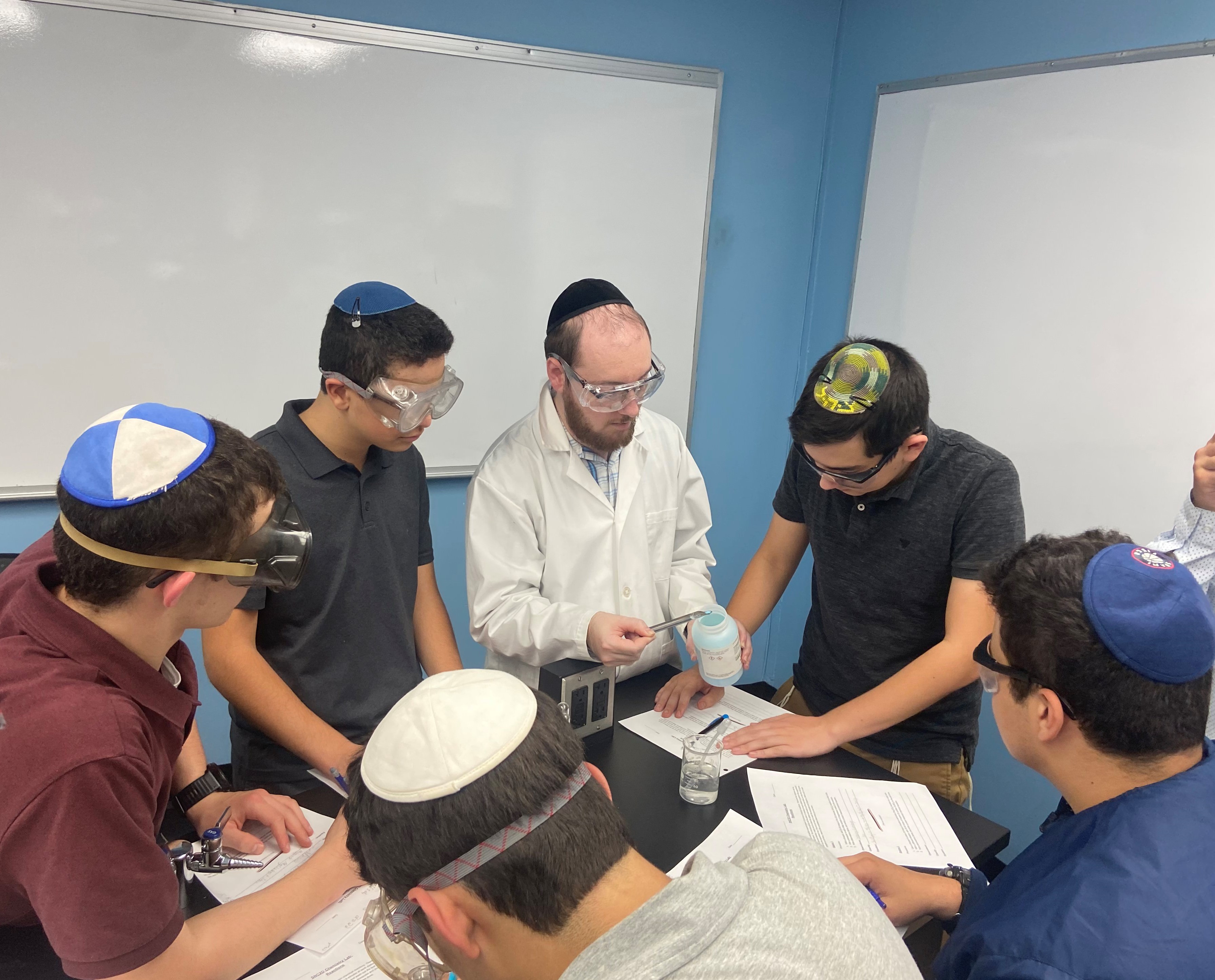Without question, the high cost of living, especially within the larger Modern Orthodox Jewish community, is likely the most significant factor discouraging many within our community from considering teaching as a profession. Our community has a standard of living that generally requires dual-income families with two high-paying salaries, and as such, finding teachers (both general and Judaic studies) from within our ranks continues to be a massive challenge.
Nevertheless, I believe there is an element unique to our private Jewish day school world that is within our control to rectify and change. In my observation, the status of teachers in our community has declined over time, discouraging idealistic young people from entering the profession. To address the challenges of the teacher shortages that we face across the field, issues of pay and status need attention hand in hand.
Below, I would like to briefly outline a few systemwide challenges that we have experienced in Toronto before delving into this additional, little-discussed factor that I believe exerts a greater impact then we realize on why we are having so much difficulty finding teachers.
The Great Reshuffle
During Covid, many teachers have retired for a variety of reasons. These include health issues, uncertainty about the future, exhaustion, emotional burnout, being asked to do things they aren't trained to do as well as overall challenges with the balance of home management and professional lives.
This has meant that after Covid, schools have been left with a lack of teaching staff. The Ministry of Education in Ontario temporarily changed the legislation in an attempt to ease the burden by allowing retired teachers to return to the classroom for extended periods without jeopardizing their pension or other benefits.
Ontario-specific Challenges
In 2015, Ontario began to overhaul its teachers college by halving the number of students admitted and doubling the amount of time necessary to obtain a degree and full teacher certification. At the time, a teacher surplus caused novice teachers to spend years teaching part-time, waiting on lists for full-time positions. The Ministry of Education estimated that roughly 9,000 newly qualified were graduating each year and only 6,000 gained full-time employment. As a result, the government limited the supply of new teachers.
Fast-forward to a post-Covid world in which Ontario schools confront a crisis exacerbated by all of these changes. Furthermore, this more stringent certification by the Ontario College of Teachers is required in the public system and preferred in the private schools, creating a high bar of entry into the profession.
Private School–Specific Challenges
The teaching profession (especially in Ontario) has become very much union-controlled, and this creates an inherent disadvantage for private schools looking to recruit teachers. The public school boards with their high levels of compensation and benefits have become the gold standard for any teacher graduating teachers college. Unions have helped teachers in public schools enjoy the peace of mind of a well-protected job; private schools are having a harder time competing each year. This has left private schools, and especially Jewish private schools, to look from within their own communities for teachers.
In truth, Jewish private schools have always looked from within to hire teachers, both in general and Judaic studies; their success in recruitment derives from those teachers feeling mission-aligned and a sense of fulfillment by teaching within their community. Vacation time during the Jewish holidays as well as an early dismissal on Friday have certainly helped.
However, there is one additional factor that certainly exists within the larger Modern Orthodox community and likely within the traditional Jewish day school world as well that I believe is strongly contributing to the dearth of teachers within our own ranks: the way we treat our teachers and the unfortunate lack of honor and respect they are often afforded.
Our Most Significant Challenge: Honoring Educators
I grew up in a home where both my grandfathers were rabbis, one a school principal and the other a pulpit rabbi. I was raised in a world in which I heard so many stories and compliments about my grandfathers, who both not only had an incredible impact on me but on generations of children and families.
I am loathe to stereotype and generalize, but if one grows up in a chareidi community in America, the most important individuals in the community are often the melamdim. Parents and entire communities give great respect, praise and honor to teachers and rabbeim, and especially to the first and second grade rebbes.







